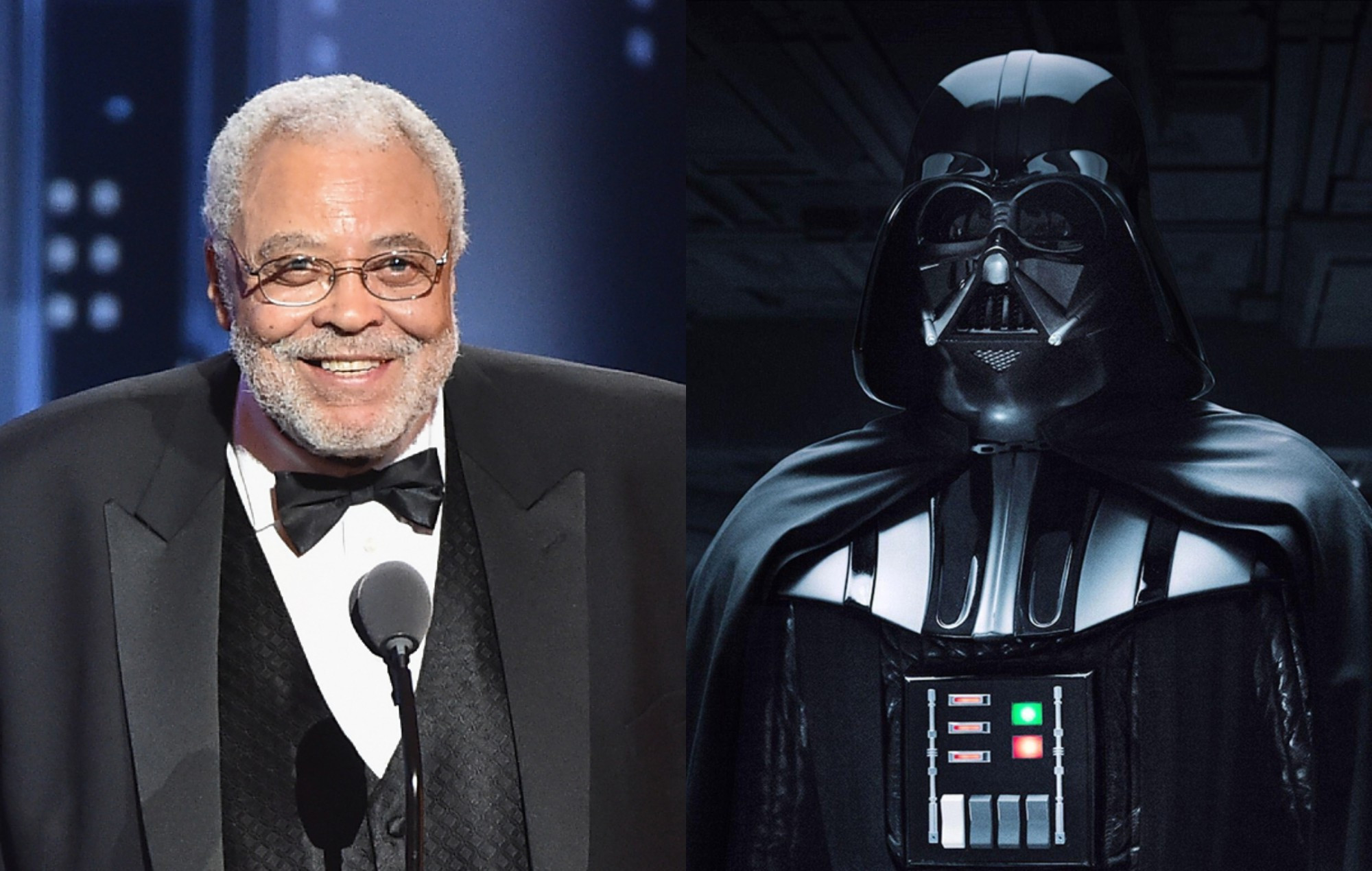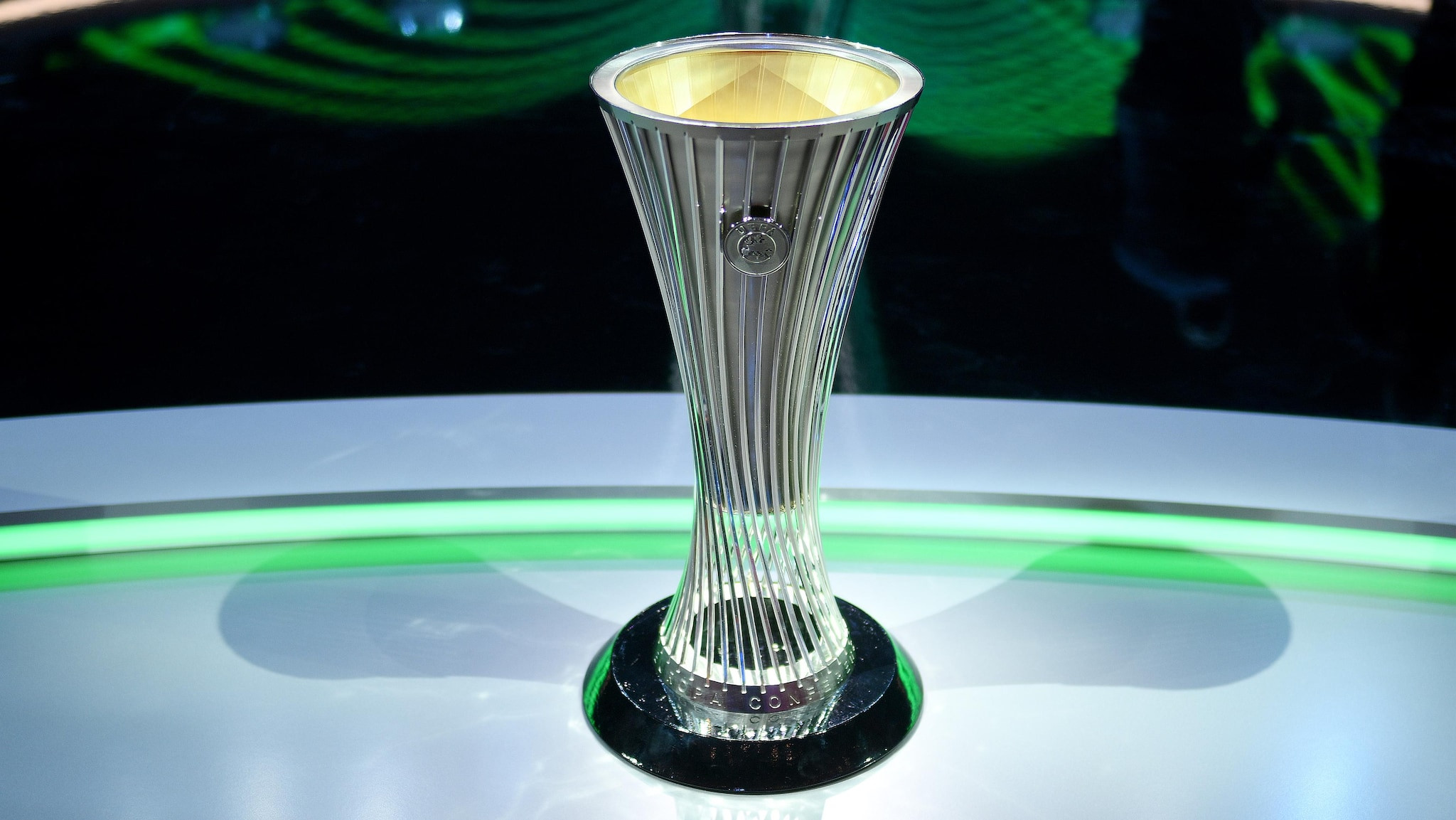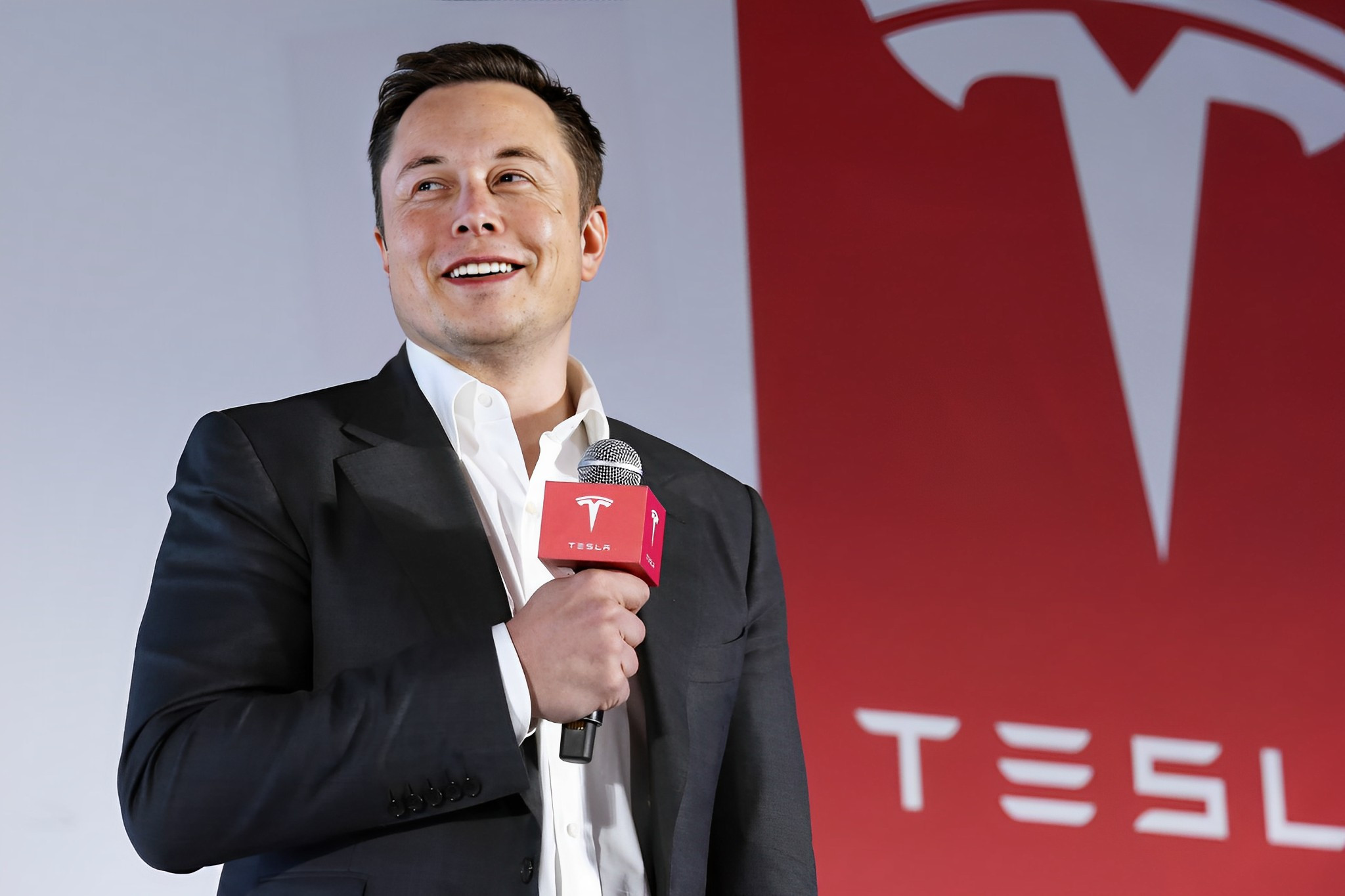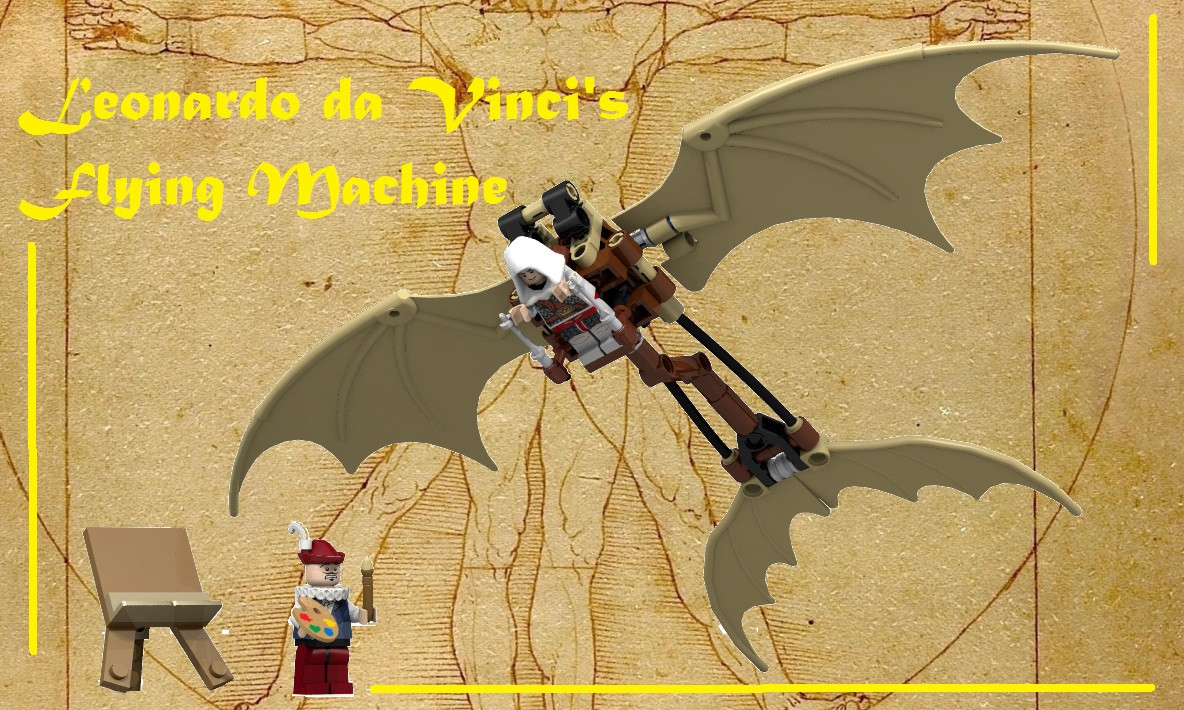How do you replace a legendary actor like James Earl Jones? With the help of artificial intelligence, Disney doesn’t have to.
On Sept. 9, we lost Jones, a titan of cinema known best for his roles in “Field of Dreams,” “The Lion King” and, perhaps most notably, as the voice of Darth Vader in “Star Wars.” His dignified and at times menacing golden voice reverberates through the childhoods of generations and will be preserved in living memory decades after his death.
And, thanks to AI, that also will include future posthumous “performances.” In fact, we already have an example of what this will look like: A digital replica of Jones’ voice appeared in the “Obi-Wan Kenobi” Disney+ series two years ago with his approval.
Before he died, Jones consented to allow the studio to reconstruct his voice with AI for use in future projects. When Disney first capitalized off this in the “Kenobi” series, it didn’t garner a large negative response, likely because it was overshadowed by the fact that fans were excited to see “Star Wars” prequel actors Ewan McGregor and Hayden Christensen return to their roles. There also was a disproportionate and racist backlash to actor Moses Ingram, which I condemned in a column on the matter.
But now that Jones is dead, his approval of using an AI version of his voice is a major footnote in his legacy. There have been countless examples of dead actors brought to life using AI and deepfake technology with the consent of their estate, but Jones lived through the rise of this technology. He was able to make an informed decision before opting into it.
Whether Disney will again implement it is unknown. The company faced criticism for digitally resurrecting the actor Peter Cushing in “Rogue One: A Star Wars Story” — criticism I partook in via my first-ever column for this newspaper in 2016 — and I think audiences have little stomach for the practice. Look no further than “Alien Romulus,” which has recently sparked controversy for using CGI (computer-generated imagery) to recreate the likeness of Ian Holm, who died in 2020.
I’ve seen other publications claim that Jones will be ”immortalized” by AI — a notion that I soundly reject. While I can understand wanting another performance by Jones, the man is dead. It’s time to let his voice rest.
While AI can produce extremely convincing imitations of people, it’s not able to bring them back to life. It might be able to duplicate their mannerisms, likeness and voice, but it’s not able to replicate the most important part of a performer: their mind.
In previous columns, I admitted that, for this reason, I cannot consider media produced by AI as art because art requires an artist to make it. As such, I also cannot consider anything made entirely by AI as a performance, because there is no performer — just a computer algorithm pretending to be one.
As painful as it might be, it’s time to let Jones go. His unforgettable performances on screen will always exist for anyone to watch. But future projects should be reserved for the living. Even ones that include Darth Vader.
AI poses an existential threat to the arts and society as a whole. Already it challenges a cornerstone of civilization: how we treat our dead. Do we honor and respect the finality of death by resisting the urge to recreate those who have died using AI? Or do we allow ourselves to normalize the opposite?
I’m not religious. I don’t believe in an afterlife, and I’m OK with that. Our mortality gives weight to our existence and wonderful meaning to our lives. I think AI is a convenient way for us to ignore the harsh reality that the dead are never coming back, that our time on Earth is finite and might be all that we have.
In this context, I can’t help but see AI recreations of the dead as an insult to their memories. It’s a technology that we must resist not just because it’ll help us accept death but it’s the decent and right thing to do.
Rest in peace, James Earl Jones. May the Force be with you.
The Legacy of James Earl Jones
James Earl Jones was a renowned actor, known for his distinctive voice and captivating performances. He was a master of his craft, and his contributions to the world of entertainment are undeniable. His legacy will forever be etched in the annals of film and theater history.
The Ethical Dilemma of AI and the Deceased
The use of AI to recreate the voices and likenesses of deceased actors is a complex and controversial issue. While it offers the potential for fans to experience their favorite actors in new ways, it also raises ethical concerns. The question of whether it is ethical to use AI to bring back the dead, or if doing so is disrespectful to their memory, is one that continues to be debated.
The Future of Voice Acting in a World of AI
The rise of AI has led to widespread concerns within the voice acting community. Some fear that AI could eventually replace human voice actors altogether, leaving many without work. Others, however, believe that AI can be used to enhance and expand the possibilities of voice acting, rather than replace it entirely. The future of voice acting in a world of AI is uncertain, but one thing is clear: the industry is undergoing a period of rapid change and adaptation.
The question of whether or not AI can truly capture the essence of an artist’s voice and performance is a complex one. While AI may be able to replicate certain aspects of a voice, it cannot replicate the emotions, experiences, and artistry that make each individual unique.
A Final Farewell to a True Icon
James Earl Jones was a remarkable talent who left an indelible mark on the world. While his voice may live on through AI, his legacy will be remembered through the countless performances he gave during his lifetime. In the words of Mark Hamill, who played Luke Skywalker in Star Wars, “RIP Dad.”
Mitchell Chapman is The Eagle’s night news editor.

















